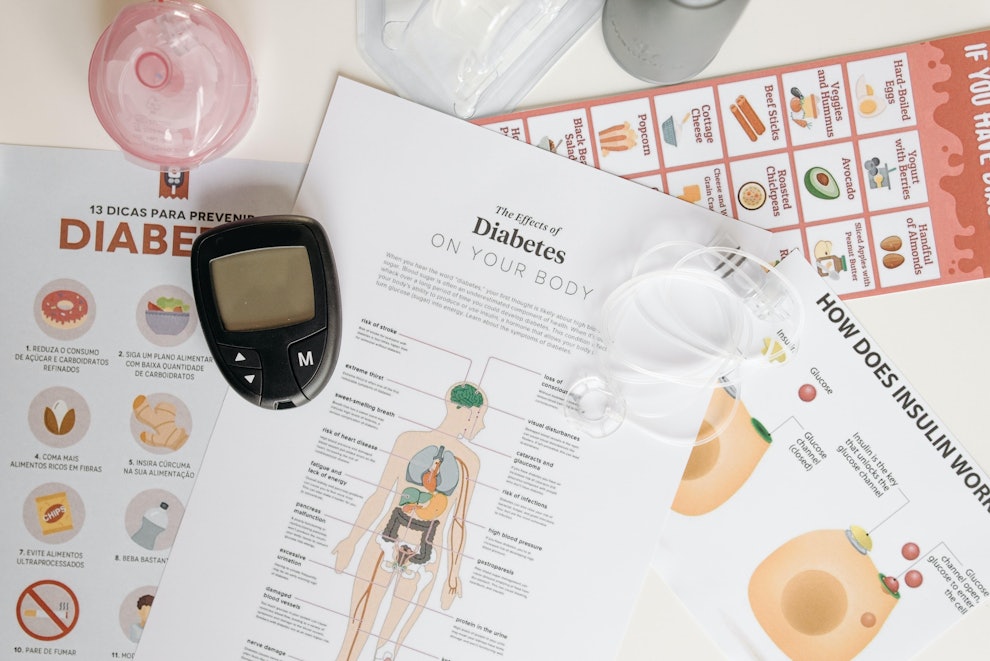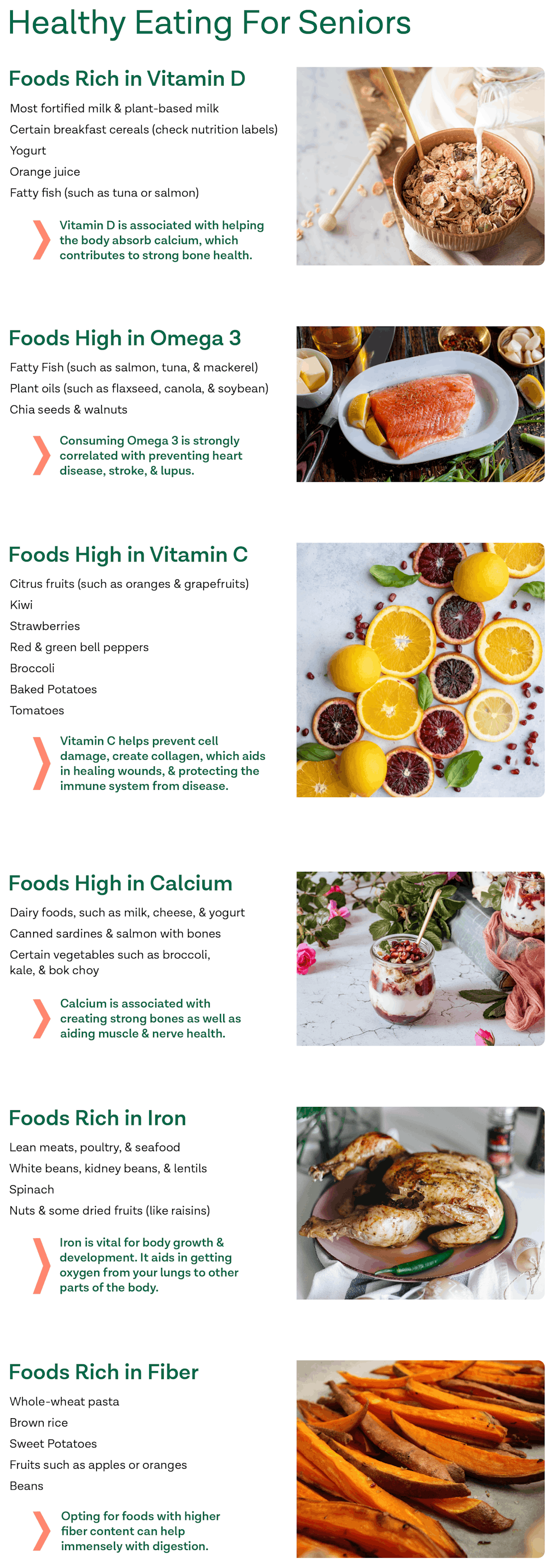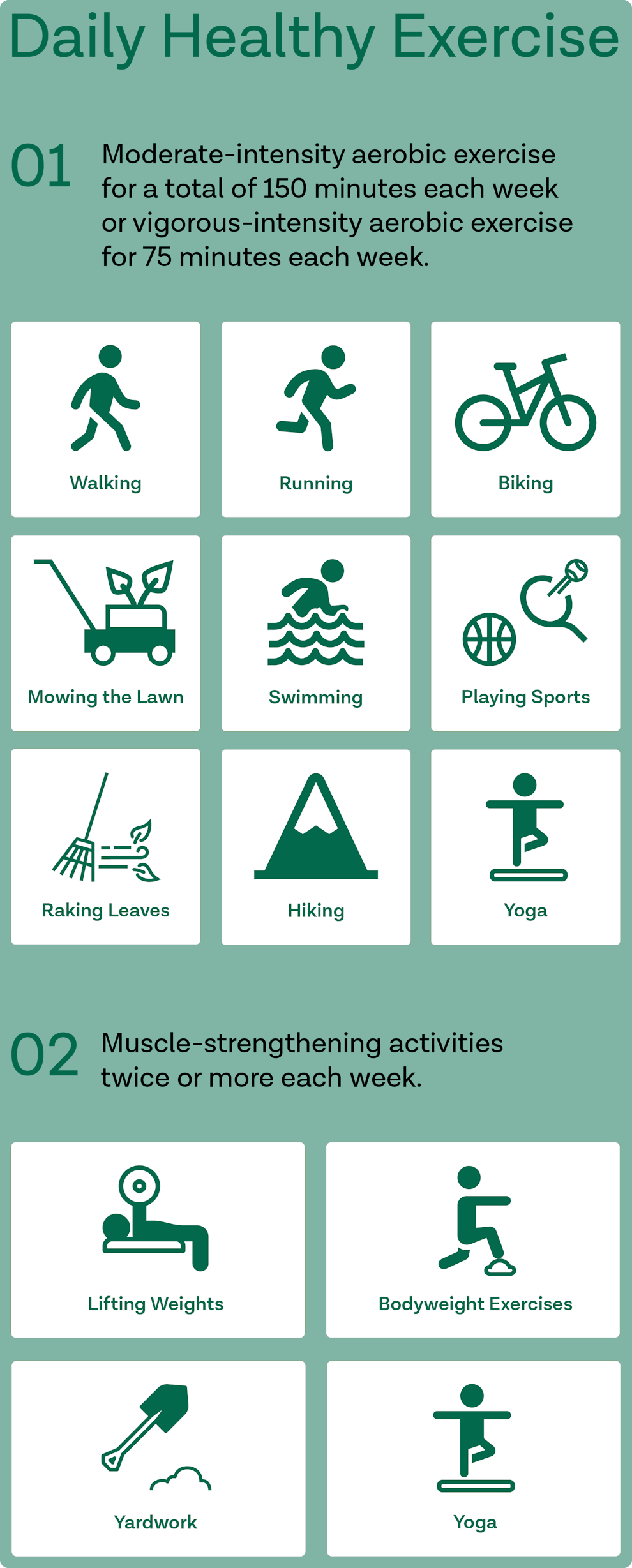Article at a glance
Diabetes is a chronic condition that interferes with the way the body converts food into energy. There are three types of diabetes.
People with an increased risk of developing type 2 diabetes include those who are overweight, those who have a family history of diabetes, those who are age 45 and older, those who have prediabetes, etc.
Type 2 diabetes is preventable through lifestyle changes such as losing weight, improving one’s diet, and exercising more.

Diabetes is a metabolic disorder that affects the way the body converts food into energy. There are three types of diabetes: type 1, type 2, and gestational. While type 1 diabetes is an autoimmune disorder, type 2 diabetes can be prevented by making necessary lifestyle adjustments.
This article will focus on how to prevent type 2 diabetes.
What Is Diabetes?
Diabetes is a chronic condition that impacts the way the body converts food into energy. There are three main types of diabetes:
Type 1 Diabetes: Type 1 diabetes is an autoimmune condition that stops the body from creating insulin. It’s most often diagnosed during childhood, teenage years, or early adulthood. Currently, no research shows how to prevent this particular type of diabetes.
Type 2 Diabetes: Type 2 diabetes occurs when the body cannot use insulin in the way it is meant to be used and blood sugar becomes unstable as a result. Type 2 diabetes develops over many years.
Gestational Diabetes: Gestational diabetes occurs during pregnancy in those who have not been diagnosed with diabetes before becoming pregnant. Gestational diabetes usually resolves once the baby is born. However, getting gestational diabetes increases one’s risk of developing type 2 diabetes later on in life.
Type 2 Diabetes Symptoms
Symptoms of type 2 diabetes include:
Frequent urination (especially at night)
Weight loss without trying
Intense hunger and thirst
Blurry vision
Fatigue
Very dry skin
Slow-healing sores
More infections than normal
Note: If experiencing any signs or symptoms of type 2 diabetes, it’s incredibly important to get a blood sugar test and get diagnosed.

Type 2 Diabetes Risk Factors
Several risk factors make someone more susceptible to developing type 2 diabetes including:
Having prediabetes
Being overweight
Having a family history of diabetes
Being diagnosed with gestational diabetes during pregnancy
Having a sedentary lifestyle
Being age 45 and older
Having a history of heart disease or stroke
Having high blood pressure
Having polycystic ovarian syndrome (PCOS)
Being a smoker
About Prediabetes
Prediabetes is a serious health condition marked by high blood sugar (blood glucose) levels. While this higher blood sugar is not within the normal range, it is still not high enough for someone to receive a diabetes diagnosis. That said, those with prediabetes are at an increased risk of developing type 2 diabetes along with heart disease and stroke.
Thankfully, lifestyle changes can be taken to prevent or delay diabetes as well as other health problems. If someone is at risk for prediabetes, they can take a simple blood sugar test to see. If they are diagnosed, they can then make the necessary lifestyle adjustments from there.
Note: This tool from the Centers for Disease Control and Prevention can test one’s risk for having prediabetes. Check it out here.
Diabetes Prevention: Tips
Making necessary lifestyle changes is the best way to prevent type 2 diabetes from developing. The National Institute Of Diabetes and Digestive and Kidney Diseases focuses on diet, movement, and healthy eating as key ways to delay the development of type 2 diabetes. There are other strategies, such as monitoring alcohol consumption, that can be implemented as well. All of these lifestyle shifts are discussed in more detail below.
Lose Weight
Maintaining a healthy weight is important for diabetes prevention. A healthy body weight is considered to have a body mass index (BMI) between 18.5 to 24.9. Use this BMI calculator to calculate your own and find out your optimal weight range.
Healthy Eating
Incorporating more healthy foods into one’s diet along with avoiding unhealthy choices can make a huge difference in one’s overall health and wellness. Some tips for healthier eating include:
- Eat smaller portions: Eating appropriate quantities of food can help promote weight loss while eating too much food can lead to weight gain. How much someone should consume depends on a variety of factors including one’s age, current weight and height, gender, metabolism, and how much physical activity one gets. Learn more about portion sizes at this resource.
- Swap sugar-sweetened drinks for water: Sweetened beverages include sodas, sports drinks, and juices. Drinking water can help cut calories and keep one feeling hydrated and fuller longer.
- Skip unhealthy food choices as much as possible: These include fatty foods, heavily processed foods, foods with high sugar content, etc.
- Choose healthy options as much as possible: This includes healthy fats, whole grains over refined carbohydrates, and plenty of fruits and vegetables.
Note: To learn more about healthy eating, visit this source.

Exercise Regularly
Becoming more physically active is highly beneficial for many reasons but a major one is lowering the risk of type 2 diabetes. Physical activity to incorporate into one’s routine includes both aerobic exercise and strength training exercises. Some examples of exercises to consider include:
- Walking
- Jogging/running
- Pilates
- Yoga
- Weight lifting
Note: To learn more about the importance of physical activity and how to move your body daily, visit this source.

Quit Smoking
Quitting smoking helps lower one’s diabetes risk. Smokers are 50 percent more likely to develop diabetes than nonsmokers. As well, smoking can lead to insulin resistance, which can then lead to type 2 diabetes. Insulin resistance is when cells stop responding to insulin and blood sugar levels become out of whack.
Note: Get support and tips for quitting smoking at this resource.
Talk To Your Healthcare Provider
Your healthcare provider may be able to offer additional tips or information to help with diabetes prevention, including taking certain diabetes medications if you’re at high risk.

Diabetes Prevention Resources
Below are some resources to help one avoid developing diabetes.
- American Diabetes Association: The American Diabetes Association is a nonprofit organization dedicated to those living with diabetes as well as preventing the disease altogether.
- Centers for Disease Control and Prevention Website: The CDC website has numerous educational resources on diabetes. Visit its diabetes section here.
- National Diabetes Prevention Program (National DPP): The CDC-recognized National DPP has a lifestyle change program to help prevent type 2 diabetes. Find a local program here.
- National Institute of Diabetes and Digestive and Kidney Diseases (NIDDK): The NIDDK also has informational and educational resources on diabetes.
If prediabetes or type 2 diabetes is suspected, talk to a healthcare professional to get tested.
FAQ
Can type 2 diabetes be avoided?
Yes, it is possible to avoid or delay type 2 diabetes with lifestyle changes such as staying physically active, losing weight, and eating healthier if you are at higher risk for the condition.
Can eating too much sugar cause diabetes?
Sugar itself doesn't cause diabetes, but it does contribute to factors such as weight gain, inflammation, and reduced insulin response, which are risk factors.
Sources
https://www.niddk.nih.gov/health-information/diabetes/overview/preventing-type-2-diabetes
https://www.niddk.nih.gov/health-information/diabetes/overview/preventing-type-2-diabetes/game-plan
https://www.niddk.nih.gov/health-information/diabetes/overview/preventing-type-2-diabetes/game-plan
https://www.niddk.nih.gov/health-information/weight-management/just-enough-food-portions
https://www.cdc.gov/healthyweight/assessing/bmi/adult_bmi/english_bmi_calculator/bmi_calculator.html
https://www.cdc.gov/tobacco/campaign/tips/quit-smoking/index.html
Type 2 Diabetes Prevention Tips
Learn about the risk factors for type 2 diabetes and how to prevent them form impacting your health.




